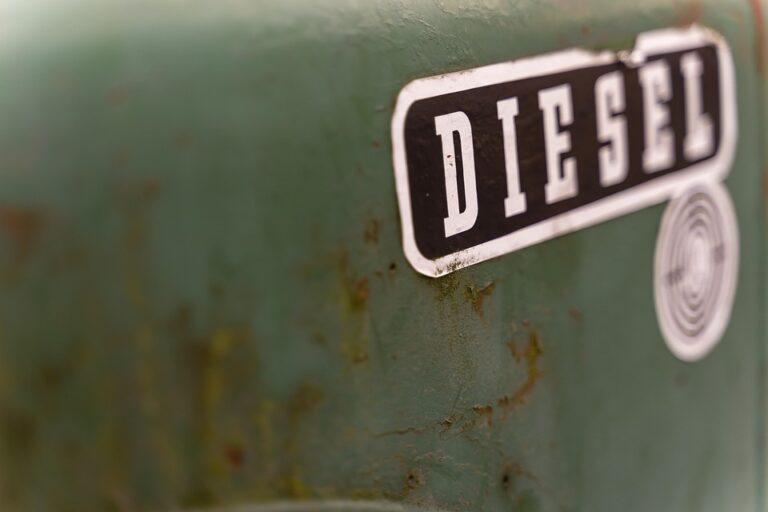Diesel vs. Petrol: The Best Choice for City Driving vs. Long-Distance Travel
When it comes to selecting a vehicle that meets your driving needs, the choice between diesel and petrol engines can often be confusing. Understanding the strengths and limitations of each type is crucial, especially when considering your primary usage—whether it’s city driving or long-distance travel. In this article, we’ll explore the key differences between diesel and petrol engines to help you make an informed decision.
Understanding Diesel and Petrol Engines
Diesel and petrol (gasoline) engines operate on different principles, leading to distinct characteristics that are relevant to drivers.
Diesel Engines
- Fuel Efficiency: Diesel engines are renowned for their fuel efficiency, offering better mileage compared to petrol engines. This makes them an appealing choice for long-distance travel.
- Torque and Power: Diesel engines deliver more torque at lower RPMs, which results in better pulling power. This is particularly beneficial for heavy vehicles and towing.
- Durability: Diesel engines are built to withstand higher pressures, contributing to their longevity. Many diesel vehicles can run for several hundred thousand miles with proper maintenance.
Petrol Engines
- Performance: Petrol engines are generally more responsive and provide quicker acceleration compared to diesel engines. This performance makes them more suitable for city driving.
- Noise and Vibration: Diesel engines tend to be louder and vibrate more than petrol engines. For those who prioritize a quieter ride, petrol may be the better choice.
- Initial Cost: Petrol vehicles often have a lower upfront cost than their diesel counterparts, which can be an important consideration for first-time buyers.
City Driving: Which is Better?
City driving presents unique challenges, such as stop-and-go traffic, shorter trips, and constant acceleration and braking. In this environment, the right type of engine can greatly enhance your driving experience.
Advantages of Petrol for City Driving
- Faster Acceleration: Petrol engines excel in stop-and-go situations, providing quick responses and smoother acceleration.
- Lower Emissions: Although diesel engines have become more efficient, petrol engines generally emit fewer nitrogen oxides (NOx) and particulates, making them a cleaner option for urban environments.
- Comfort and Quietness: The operational smoothness and lower noise levels of petrol engines make them more pleasant for daily commutes.
Diesel Considerations for City Driving
Though diesel engines have distinct advantages, they may not be the most suitable choice for city driving:
- Fuel Waste in Short Trips: Diesel engines require higher temperatures to operate efficiently. Frequent short trips can lead to incomplete combustion and increased particulate emissions.
- Maintenance Costs: While diesel engines tend to last longer, their maintenance tends to be more expensive. This could result in higher costs for city drivers who accumulate high mileage over time.
Long-Distance Travel: Diesel vs. Petrol
When it comes to traveling longer distances, diesel engines typically shine. They provide significantly better fuel efficiency, and their torque makes highway cruising more comfortable. Let’s examine why diesel may be the better option for road trips.
Benefits of Diesel for Long-Distance Travel
- Superior Fuel Economy: Diesel engines can provide up to 30-40% better fuel economy than petrol engines, which translates to longer distances covered without frequent refueling stops.
- Greater Range: The combination of fuel efficiency and larger tank sizes in many diesel vehicles results in a greater overall range, ideal for extended journeys.
- Better Towing Capacity: If your long-distance travel involves towing, diesel engines excel due to their higher torque, making them the preferred choice for towing trailers or boats.
Potential Downsides of Diesel for Long Journeys
While diesel engines might be advantageous, there are considerations to keep in mind:
- Fuel Availability: In some regions, petrol stations are more prevalent than diesel refueling points, which could be inconvenient on long trips.
- Initial Purchase Price: Diesel vehicles can have a higher purchase price, which could deter budget-conscious buyers.
Making Your Choice: Considerations to Keep in Mind
When deciding between diesel and petrol engines for your driving needs, it’s vital to consider several factors:
- Type of Driving: Prioritize your primary driving environment. For city use, petrol may serve you best, while diesel could be the victor for long-distance travel.
- Budget Considerations: Factor in the cost of the vehicle, fuel prices in your area, and expected maintenance costs.
- Environmental Impact: Take into account emissions regulations in your locality. Some cities are moving toward restricting diesel vehicle access due to pollution concerns.
Conclusion: Your Driving Habits Matter
Ultimately, the choice between diesel and petrol depends on your driving habits, budget, and personal preferences. For those primarily navigating city streets, petrol engines offer performance, comfort, and efficiency. Conversely, if your travels often take you on long journeys, diesel engines deliver superior mileage and torque for an enhanced driving experience.
As you weigh your options, consider test-driving vehicles from both categories to experience the differences firsthand. Each engine type has its merits, and understanding your needs will lead to a more satisfying and efficient choice.
For further reading, check out our articles on Fuel Efficiency Tips and Choosing the Right Vehicle for Your Lifestyle.


